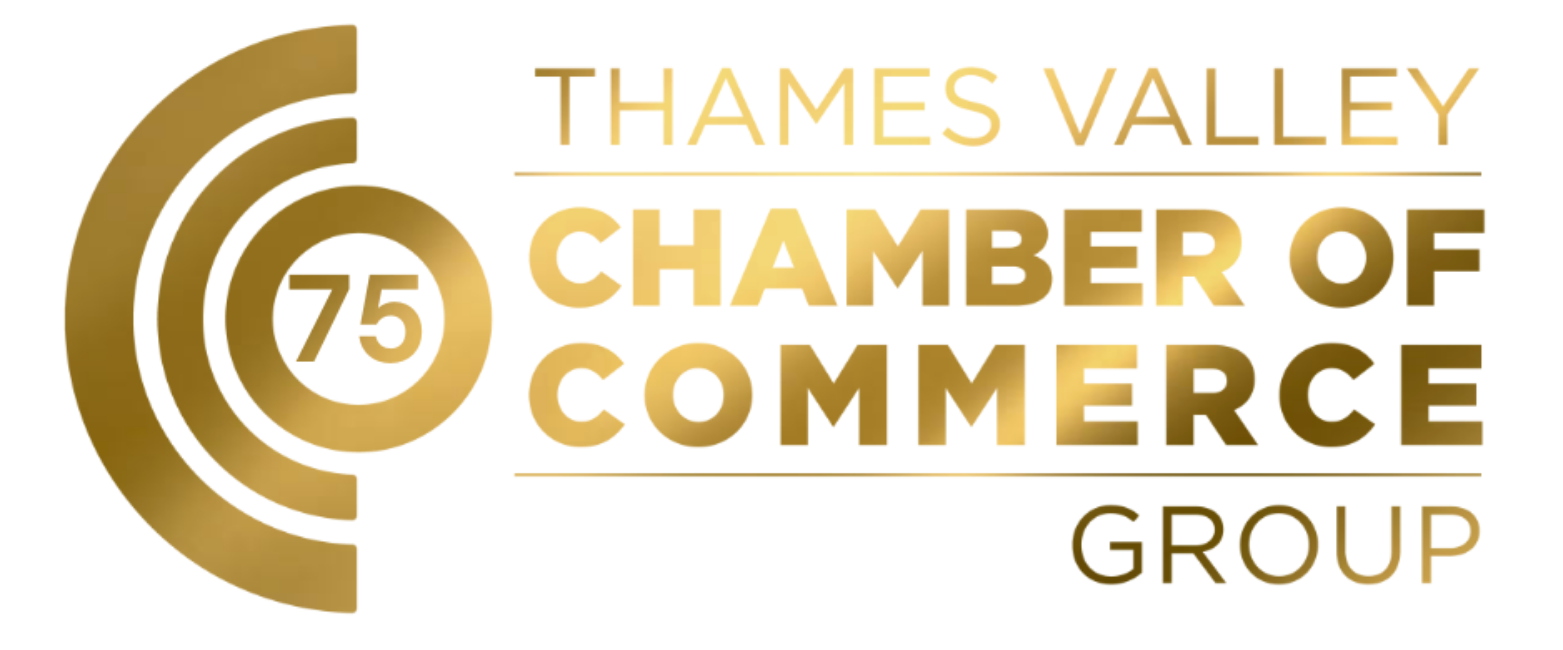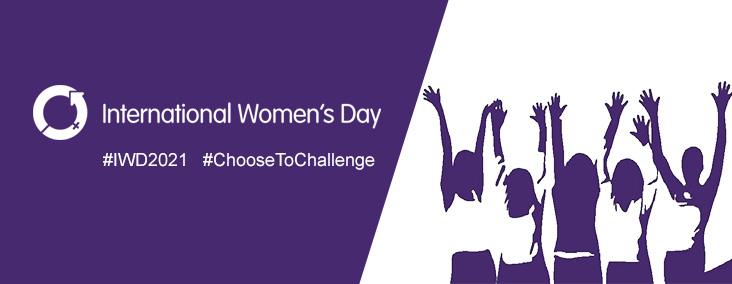International Women’s Day
As part of its ongoing commitment to raising awareness towards targeting fully inclusive workplaces, outlined in its 2021 Business Manifesto, the Thames Valley Chamber of Commerce is proud to celebrate the achievements of nine women in business and academia from across the region – each one outstanding in her field.
In line with this year’s International Women’s Day theme, #ChooseToChallenge, the Chamber asked them individually what changes/developments they would like to see in their industry (and beyond) that would help forge a gender equal world.
Following her expression of support, in the Foreword to the Manifesto, for the Chamber’s focus on diversity and inclusion, Baroness Ruby McGregor-Smith CBE, British Chamber of Commerce President, commented:
“The Chamber’s position, as the voice of business in the Thames Valley, means that it is well placed to raise awareness of the talent, strength and ability of female business leaders across the region, and I commend it for highlighting the outstanding achievements of women across a number of sectors as part of its wider commitment to diversity and inclusion in the workplace.
“I’m incredibly passionate about the need to encourage women to access the opportunities they deserve and to see themselves represented in every corner of the world. The women who have shared their stories are truly inspirational and a cause for celebration.”
Lynne Collins, Country Head of UK and Ireland for Radiology and Head of UK Life Hub, Bayer
“The changes that I see that need to happen start in schools. I remember how it felt when I was the only girl in my physics A Level class, and there were only two girls doing chemistry at A Level … and the same is very true still. The role models in science for women are very ‘old’, with Marie Curie still being referenced, for example. There needs to be more highlighting of modern role models in this arena. The perception of how to advance in science it is still that ‘traditional’ role of male doctor/female nurse, and this needs to be changed.”
To read the full Q & A with Lynne Collins, please click here.
Stacey King, Regional City Manager, CityFibre
“To support equality in all of its guises I would like to see language simplified. There is an overuse of acronyms and technical jargon, which is often unnecessary and acts as a barrier. Look beyond the obvious – for example, childcare issues are still a huge barrier for women returning to work; perhaps making babysitting fees an expensable item in the same way as hotel accommodation is a necessity for some. It might be the difference between someone being able to attend a late meeting or event or not.”
To read the full Q & A with Stacey King, please click here.
Sarah Mullen, Director, PwC
“We need to get to a point where it is truly acceptable in business and society for men to be seen as primary/equal caregivers and not women as the default. Through this we all win – women get the opportunity to do more in the workplace (if they so choose) and men get the opportunity to have a more involved relationship with their families… extended parental leave for fathers is a start, but there’s more to do on mindset change.”
To read the full Q & A with Sarah Mullen, please click here.
Meera Rajah, Partner, James Cowper Kreston
“I would like to see more women in senior positions, as currently there are a lot in the creative industry but not in the finance industry, so a lot of work has to be done here.”
To read the full Q & A with Meera Rajah, please click here.
Clare-Lyons Collins, founder of Maven Connect and Mental Health Consultant for TVCC
“Greater emphasis on how women have got to where they are, without the rhetoric of who is looking after the children. A lot of pieces on women in leadership positions talk about how they have managed to juggle different things including children and a career – we don’t see many pieces about how men have managed to get to their careers and how they have juggled home life with career.”
To read the full Q & A with Clare-Lyons Collins, please click here.
Simonetta Manfredi, Professor of Equality and Diversity Management and Associate Dean for Research and Knowledge Exchange (KE), Oxford Brookes University Business School
“The pandemic has exposed deep inequalities in our society and, more importantly, how these impact on all of us… one thing, among others, that ought to change fast is how we value care and that in society it continues to be mainly a woman’s job. We are hearing a lot about the losses caused by the pandemic to the economy, but we also need to hear about the value of women’s caring work to the nation. Caring, whether paid or unpaid, is critical to keeping society together during these challenging times. Removing inequalities means a better life and a better future for all of us.”
To read the full Q & A with Simonetta Manfredi, please click here.
Dominique Unsworth MBE, Founder and CEO, Resource Productions
“In freelance industries like film, TV, and the arts, more flexibility, systems and support need to be put in place to acknowledge the challenge of stepping away to have a child. In a sector where there is very little long-term job security, family life is often perceived to be incompatible – we need to change that, for women AND for men.”
To read the full Q & A with Dominique Unsworth, please click here.
Carole Kitching, Principal and CEO, New College Swindon
“Across businesses generally, women having the self-confidence to recognise the tremendous contribution they can make to Boards and Boards proactively reviewing unintended barriers such as the times and locations of their meetings. After a year of remote working we all know we CAN do things differently.”
To read the full Q & A with Carole Kitching, please click here.
Dr Barbara Ghinelli, Director, Clusters and Campus Development, UKRI- Science and Technology Facilities Council (STFC), Harwell Science and Innovation Campus
“I work across a number of fast-growing high-tech sectors and they are all still largely dominated by men, particularly at senior levels. This is a systemic problem that needs to be dealt with in an evidence-based way. I’d challenge the way we recruit in our sector… there is good evidence that unconscious bias unfairly reduces the number of women who are interviewed for posts, and the number who succeed at interview. We need better trained and balanced panels, more evidence-based recruitment tactics, and unequivocal support for action from the C-Suite.”
To read the full Q & A with Dr Barbara Ghinelli, please click here.

